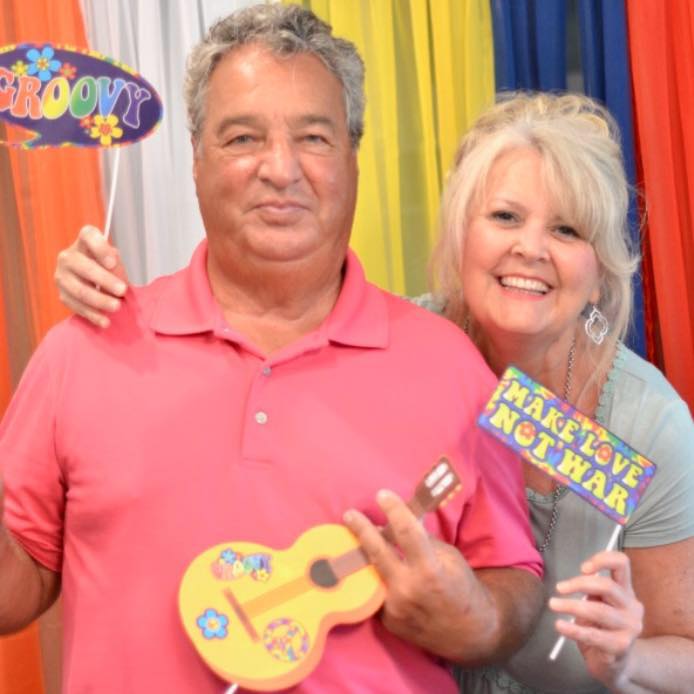After 35 years of marriage, Melanie and Gailen Porter have seen it all. However, they didn’t expect to both face a critical illness in 2020.
The COVID-19 pandemic was a very real threat to the Porters because both are considered high-risk for contracting the virus. They were vigilant about wearing masks and social distancing, but despite their best efforts, Melanie and Gailen caught COVID-19. Weak and feverish, they were admitted to Fort Sanders Regional Medical Center about eight hours apart and put in separate rooms on the hospital’s pulmonary unit.
After receiving robust medical treatment, Melanie began to recover on day six of her illness and was ready to be sent home with instructions to continue using supplemental oxygen.
However, Gailen was the worse for wear. Thomas Worley, MD, internist at Fort Sanders Regional, says Gailen’s high inflammatory markers, impaired lung function and underlying COPD put him at risk of respiratory failure. He required high levels of oxygen and lost the energy to eat. He also developed a COVID-induced bout of pneumonia, which caused inflammation in his lungs.
Melanie recalls, “I thought if I went home, it would be the last time I would ever see my husband.” Arrangements were made for the couple to stay together in a larger room.
“I was so grateful to the hospital administrators who put us in a room together. I would have come home dependent on oxygen and been by myself,” Melanie says.
Gailen’s turning point began with him eating again, coupled with his treatment and dealing with the inflammation in his lungs.
“I don’t think I would have made it if she hadn’t been there,” Gailen says. “I don’t think I had the willpower or energy to do what I was supposed to do. The five days she was there is what got me through it … that, and the staff. The nurses went above and beyond what their job called them to do.”
Melanie and Gailen’s hospital stay lasted for 13 days. The couple quarantined at home for a month after leaving Fort Sanders Regional. They have both lost weight, their taste buds have “almost come back” and they will continue healing under the watchful eye of their primary doctors.
This is not just a bad flu, says Melanie. “It has changed how we protect our health. For us, it was life or death.”
If respiratory symptoms occur, call your doctor.
Dr. Worley’s message to the community is to be careful and take the virus seriously. “The threat of the virus is real. Some people treat it as no big deal, but if you are the one in 1,000 people who gets hit hard, it becomes a big deal.”
Felix Chaltry, DO, who treated Melanie, is reassured to see Knoxvillians comply with masking and social distancing. When “COVID-19 fatigue” sets in, Dr. Chaltry says, “This is what we are called to do – be strong for our family, our community and, most of all, for our patients.”
“If you have respiratory symptoms, avoid interacting with people,” says Dr. Worley. “Especially because at the onset of illness, you don’t know yet if it’s a common cold or COVID-19.”
This story was provided by the marketing department of Covenant Health.


